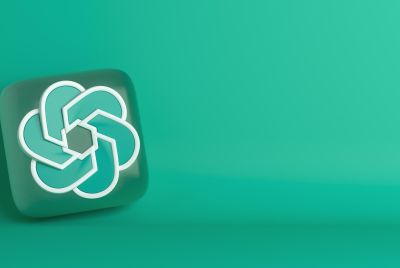Nokia Says Solar-Powered Phones May Not be Viable
Solar-power maybe the future of renewable energy but don't expect Nokia phones to be solar-powered just yet. After conducting tests on phones that can be charged using solar power, the Finnish phone manufacturer decided that solar-powered phones aren't a viable alternative.
Nokia field tested five prototype phones last year. Five testers carried the special mobile phones in different environments from June to September last year. The prototype phones were equipped with thin-film silicon solar panels on their back cover to harvest solar energy. The prototypes, called Lokki, were based on a Nokia C1-02 device and also included a data logger to monitor the phone's performance. Nokia sent out the phones to different locations around the globe to find out how much energy the phones can collect from the sun. Two of the phones were sent north to the Arctic Circle, one phone was tested in southern Sweden, one in Kenya and the fifth phone was tested as the Nokia team was sailing in the Baltic Sea.
The results of the tests were disappointing. The phones were able to harvest enough energy to stay in standby mode but with only 10 to 20 minutes of talk time, Nokia wrote in a blog post on Tuesday. An hour of talk time was possible but only after a full day's exposure to sun. The best results predictably came from the tester in Kenya where the prototype was able to gather enough solar energy after 59 days of testing to power the phone for 20 hours of talk time and enough to let the phone stay in stand-by mode for 41 days. The phone tested in the Arctic was only able to gather enough energy for 17 hours talk time after 65 days testing while the other Arctic phone was able to harvest 2.2 hours talk time in 49 days. The amount of energy the phone can gather depends on the amount of sunlight, the user's lifestyle and the angle of light falling on the phone's panels. Users who don't really go out of their offices will have a harder time charging their phone than those who spend majority of their time outdoors.
Nokia concludes that the technology still has some ways to go before it can be marketed to consumers. A basic phone can operate with solar power but only if it's used for minimal talk time and only if it's exposed to the sun for lengthy periods of time. The phone isn't viable right now but it can still be used in emergency situations. Developing solar-powered phones can be better used in parts of the world where electricity is scarce.
"For people who live in parts of the world with constant sunshine, such as Kenya, and who can't just plug in and load up on electricity, solar charging is definitely an option," Nokia wrote.





















